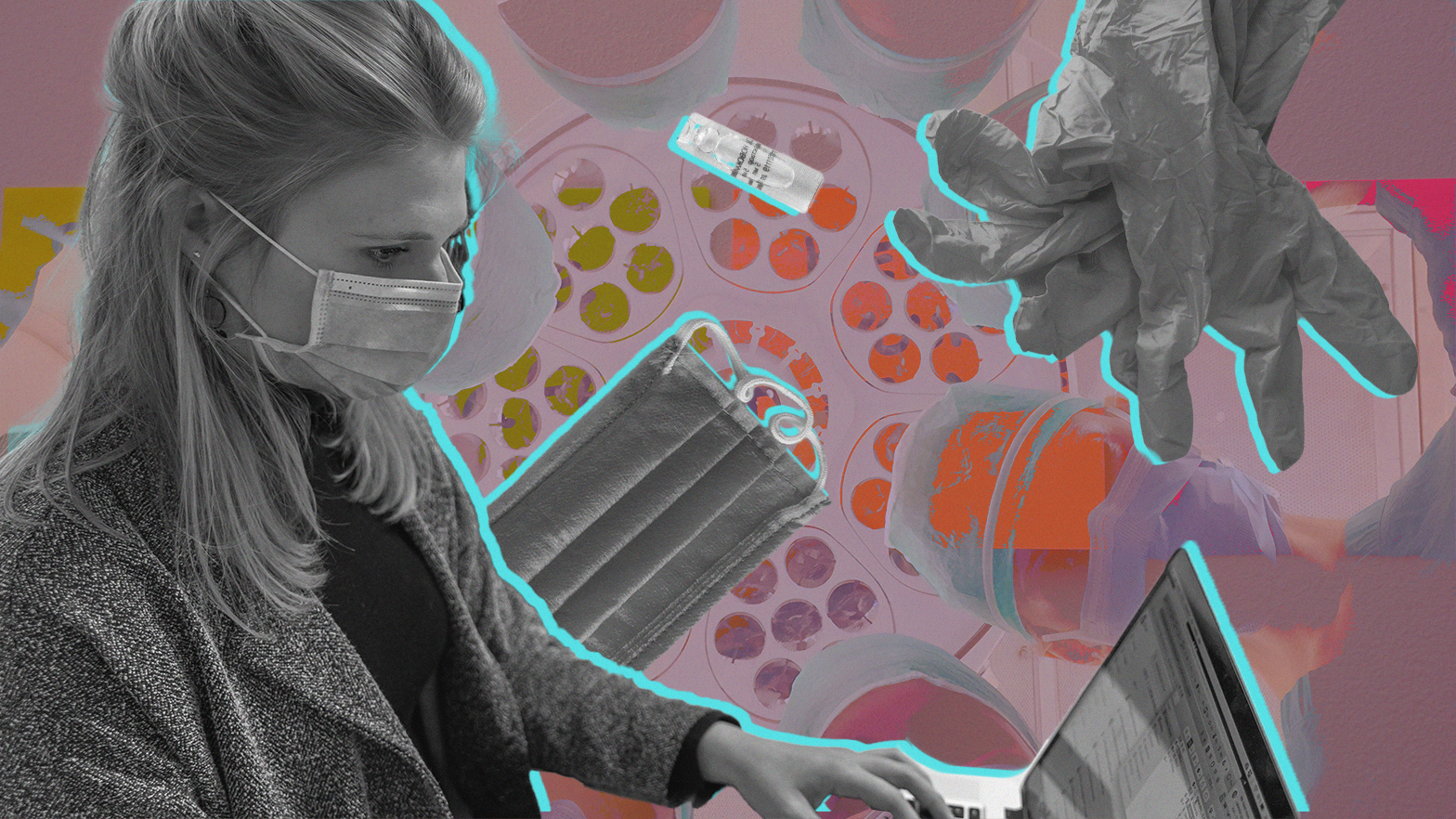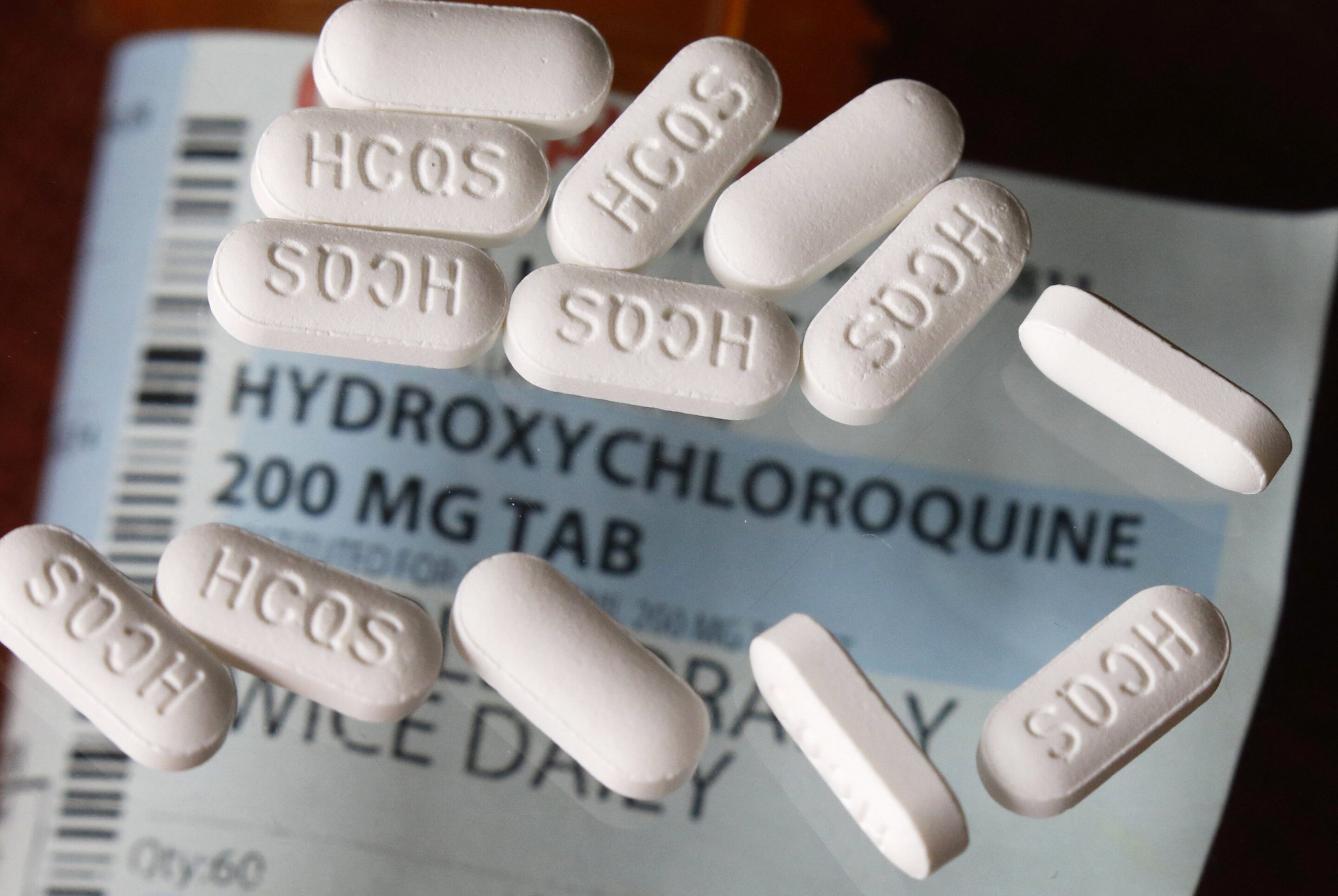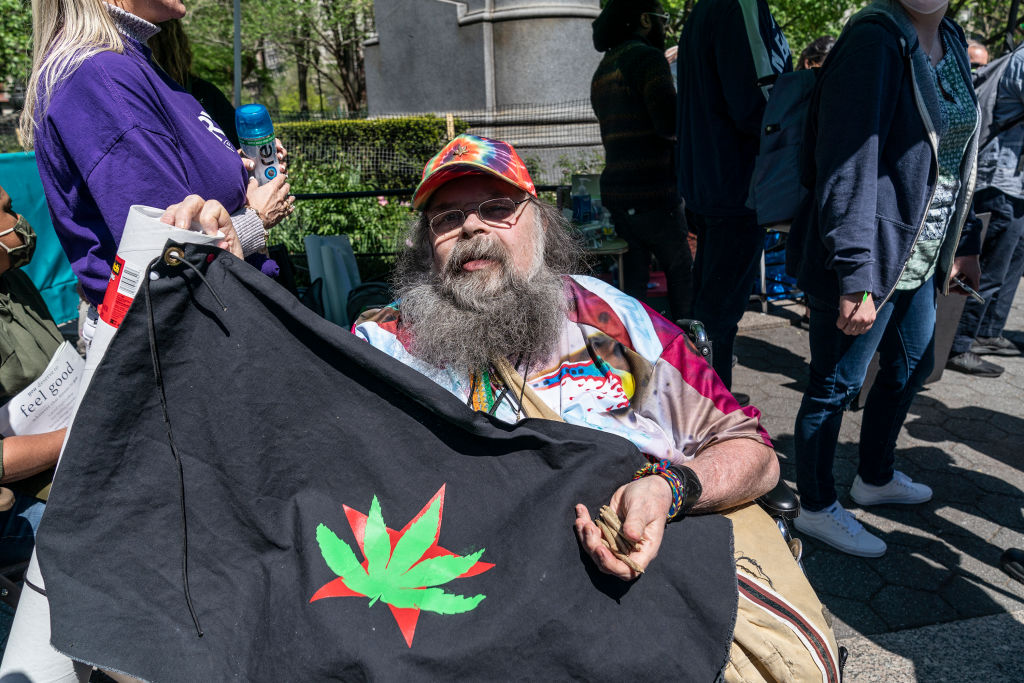The leadership of our neighbor to the south treats the cartels as a useful ally.
Are You Tripping?

Psychedelic-assisted treatment for mental illness is no panacea.
Psychedelic evangelists are positioning hallucinogenic medicine as “the future of mental healthcare.” Psychedelics, we’re assured, will ease the mental health crisis in the United States. More specifically, psychedelic-assisted therapy is being championed as a potential solution in the treatment of depression, anxiety, and post-traumatic stress disorder (PTSD). However, as a new report published by Dr. Robin J. Jacobs, a professor of medical education at NSU Florida, and four of her medical students stresses, all the hype is contradicted by one significant fact. The physicians of tomorrow, they note, will be “at the forefront” of the psychedelic-assisted therapy revolution. Yet these future “gatekeepers” receive little or no training in the use of psychedelics. In short, psychedelics are here, but most doctors don’t know how to administer them effectively.
The problems don’t end there. In this peer-reviewed paper, published in Frontiers in Psychology, Rotem Petranker, Thomas Anderson, and Norman Farb, three eminent psychedelic researchers, highlight “the need for thoughtfulness and restraint, especially as relates to statistical and theoretical inferences drawn from experiments of necessarily limited scope.” Although psychedelics “show great promise,” they insist that “we must remember that most contemporary lab studies have small sample sizes” and that larger survey studies are often “limited by lack of experimental control.” Thus even the studies boasting “exciting statistically significant results” don’t really “prove” the benefits so often attributed to psychedelics.
More recently, the trio’s warnings were echoed by Dr. Nese Devenot, a scientist who specializes in the study of psychedelics. In a recent paper published in JAMA Psychiatry, a peer-reviewed medical journal, Devenot concluded that adverse events in psychedelic trials occur with greater frequency than are generally reported. Besides being “underreported,” these adverse events “are poorly defined” and “not systematically assessed.” Over the past year, she noted, there have been numerous reports of serious adverse events (SAEs) and “long-lasting harms to participants in clinical trials of psychedelic-assisted therapy (PAT).”
Of all the organizations pushing the pro-psychedelics narrative, the most prominent is MAPS (Multidisciplinary Association for Psychedelic Studies), an American organization that calls itself the “world’s leading authority on psychedelics.” Results of their clinical trials are used to promote the benefits of psychedelic-assisted therapy. However, considering MAPS clinical trial therapists have been shown sexually abusing study participants (see this video), should we really be taking their studies seriously?
Joe Rogan certainly appears to think so. Dr. Rick Doblin, the founder and president of MAPS, just made his fourth appearance on the Joe Rogan Experience (JRE), one of the biggest podcasts in the world. I make this point not to attack Joe Rogan but to show the power that Doblin and the advocates for psychedelia possess. To appear on JRE once is mightily impressive, but the fact that Doblin has been on four times shows just how influential he is and how influential his organization is.
Joe Rogan isn’t the only heavy hitter impressed by MAPS. On a recent episode of Last Week Tonight with John Oliver promoting psychedelic-assisted therapy, Jonathan Lubecky, the Veterans & Governmental Affairs Liaison for MAPS, featured heavily. Interestingly, prior to the filming of this particular episode, Mr. Oliver’s team reached out to Devenot and her colleagues at Psymposia, a nonprofit that critically analyzes drugs, for help in understanding the pros and cons of psychedelics. Oliver and his team, according to Devenot and her colleagues, intentionally ignored all the negatives, including the sexual assault of a MAPS clinical trial member, choosing instead to deliver an entirely uncritical appraisal of psychedelics.
In an open letter to Oliver, Devenot and her colleagues accuse the host and his team of refusing to challenge “the dominant media narratives, which tend to overstate the potential benefits and ignore the serious risks associated with psychedelic medicine.” Oliver, so often hailed for his willingness to challenge prevailing narratives, instead chose to “overhype the science and minimize potential risks.” There was a time when Oliver rallied against bad science reporting; those days, however, appear to be gone.
Oliver’s production team, according to the letter, made this particular episode, which has been viewed more than four million times, “with full knowledge of the inaccuracy of that hype and the dangers it poses to the public.” As the letter warns, the psychedelics industry “has global ambitions,” and psychedelic evangelists are positioning these psychoactive substances as “the future of mental healthcare.” At the very same time, psychedelic science is severely limited by small-scale sample sizes and serious “methodological issues that cast doubt on flashy efficacy numbers.” A number “of the most prominent clinical trials,” according to the authors of the letter, have “failed to control for variability (dosage, therapeutic protocols, etc.) across sites and sessions,” meaning “their studies are not able to distinguish between effects caused by the drug and effects caused by other variables.”
As the researchers caution, unless more academics and influential media figures like Oliver acknowledge the facts rather than utopia-fueled fiction, the psychedelic industry risks becoming an untamable monster, driven by greed and dangerously exaggerated claims. Psychedelic-assisted therapy is being sold as the next frontier in mental health treatment. As is clear to see, such assurances appear to be built on weak evidence. The promise of psychedelic drugs as a miracle cure for mental disorders is driven by hype and supported by intense confirmation bias. We must proceed with caution, because these powerful drugs could open a Pandora’s Box of “cures” that are infinitely worse than the ailments they pretend to treat.
The American Mind presents a range of perspectives. Views are writers’ own and do not necessarily represent those of The Claremont Institute.
The American Mind is a publication of the Claremont Institute, a non-profit 501(c)(3) organization, dedicated to restoring the principles of the American Founding to their rightful, preeminent authority in our national life. Interested in supporting our work? Gifts to the Claremont Institute are tax-deductible.
Doctors must reject Big Pharma's soulless treatment model.
Nonbinary is the latest transhumanist craze.
Big tech and big media are betraying the truth—and the people.
A hobo no-go zone report
Legal marijuana makes America dumber and more violent.






